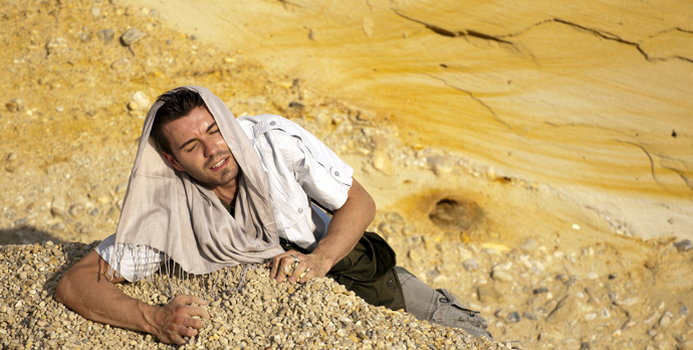People throw around the term dehydrated a lot. "Oh, I'm just a little dehydrated. No big deal." Well, that's not really true — it is, in fact, a big deal. Dehydration is the harmful reduction in the amount of water in your body. Harmful. Your body is approximately 75 percent water, so even a small reduction can lead to big problems.
Physical Signs and Symptoms
For adults these are the common signs that you may be dehydrated:
- Extreme thirst
- Less frequent urination
- Dark colored urine
- Fatigue
- Dizziness
- Confusion
There is nothing listed above that is not a concern, so if you feel a little thirsty, start drinking immediately. If the dehydration is mild — maybe your thirsty or haven't peed a lot — you can often reverse it on your own. Start drinking water in order to hydrate as soon as possible.
Complications and Causes
Not drinking enough fluids on a regular basis can definitely cause dehydration, but that's not the only way this occurs.
- Vomiting
- Diarrhea
- Fever
- Excessive sweating
- Frequent urination
All of these can cause severe dehydration in your body and lead to the above symptoms. It can also lead to more serious complications such as heat injury (cramps, exhaustion or stroke), urinary and kidney problems, seizures or low blood volume shock. Medical intervention is necessary in these cases. Just drinking fluids will not do it. An IV and observation are necessary. In fact, if you or someone you care about has had diarrhea for over 24 hours, is feeling sleepier and less active than normal, can't keep fluids down or has bloody or black stool, it's time to seek a doctor's attention.
Whose at Risk
Infants, children, and older adults are the most at risk for dehydration besides those that are ill. If you are a parent or a caregiver for older adults or children, it's important to understand the signs and symptoms for adults and children. The best course for dehydration is prevention. So, make sure you're drinking your fluids — and making sure those you care about are also drinking.
[Image via Shutterstock]



